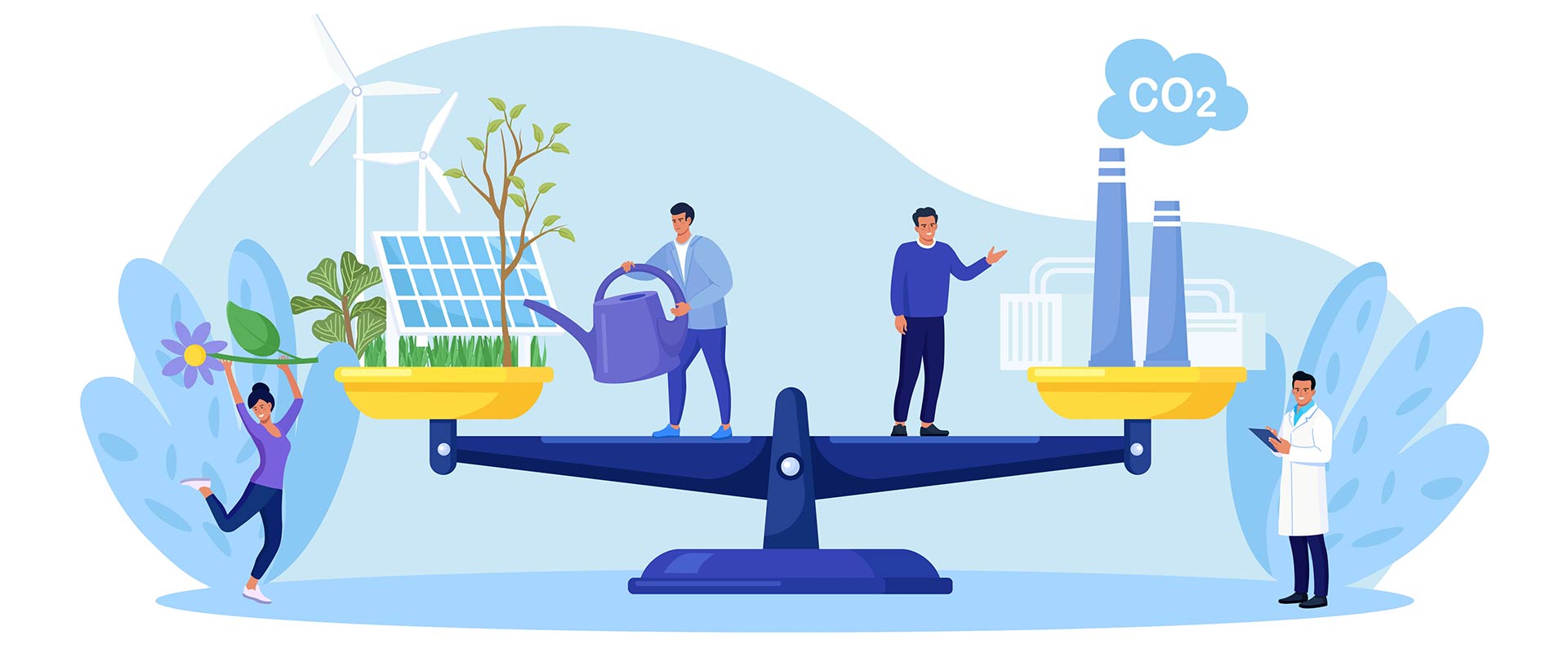
Decoding Carbon Offsets: A Key Player in Green Natural Gas
In the quest for sustainable energy sources, the spotlight is increasingly turning towards green natural gas. As the world strives to reduce its carbon footprint, understanding the role of carbon offsets in the production and utilization of green natural gas becomes crucial. In this blog post, we will delve into the concept of carbon offsets, their significance, and how they contribute to the creation of a more environmentally friendly natural gas industry.
Carbon offsets are a mechanism to counterbalance greenhouse gas emissions by investing in projects that reduce or capture an equivalent number of emissions elsewhere. These projects can range from reforestation initiatives and renewable energy projects to methane capture programs. In the context of green natural gas, carbon offsets play a pivotal role in achieving carbon neutrality.
Green natural gas, also known as renewable natural gas (RNG) or biomethane, is derived from organic materials such as agricultural waste, landfill gas, or wastewater treatment byproducts. Unlike conventional natural gas, green natural gas is considered carbon-neutral when produced using sustainable practices and technologies. However, achieving carbon neutrality in the entire production and supply chain is a complex task.
The Role of Carbon Offsets in Green Natural Gas:
Carbon offset programs fund projects that actively reduce or eliminate greenhouse gas emissions. In the context of green natural gas, these projects might include capturing and utilizing methane emissions from landfills or agricultural activities, preventing them from entering the atmosphere.
While the production of green natural gas is inherently low carbon, there are still emissions associated with its production, transportation, and distribution. Carbon offsets help neutralize these residual emissions by supporting initiatives that absorb or reduce an equivalent amount of greenhouse gases.
Carbon offset projects not only compensate for emissions but also promote sustainable practices. By investing in projects that contribute to environmental and social co-benefits, the natural gas industry can align itself with broader sustainability goals.
Challenges and Considerations: While carbon offsets play a crucial role in mitigating emissions associated with green natural gas, it is essential to address potential challenges. Ensuring the transparency, additionality, and permanence of offset projects are critical considerations. Moreover, continual advancements in monitoring and verification technologies are necessary to enhance the credibility of carbon offset programs.
Carbon offsets serve as the cornerstone in the journey towards a more sustainable and carbon-neutral natural gas industry. As the world seeks cleaner energy alternatives, understanding the symbiotic relationship between carbon offsets and green natural gas becomes imperative. By embracing these innovative solutions, we pave the way for a greener, more environmentally conscious future.
